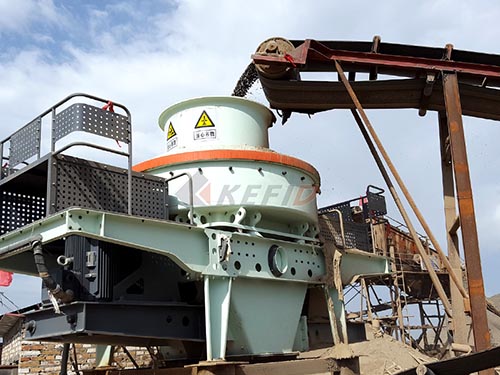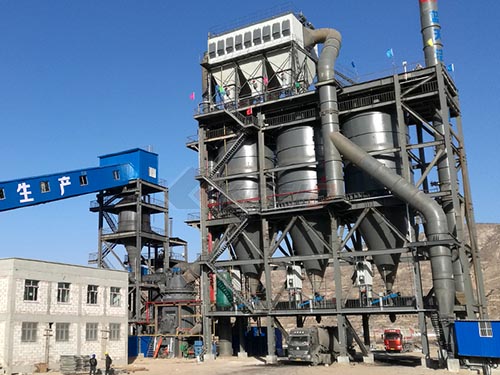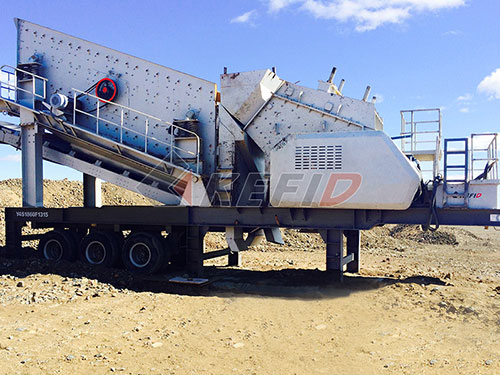The True Price of Quality: Understanding Crusher Parts Certification Costs in the Philippines
The Philippine mining and aggregate industry stands as a cornerstone of national infrastructure development and economic growth. From the nickel mines powering global electric vehicle batteries to the quarries supplying gravel and sand for roads and buildings, crushers are indispensable workhorses operating under punishing conditions. Ensuring these machines run reliably isn’t just about uptime; it’s about safety, productivity, and long-term profitability. Central to achieving this reliability is the use of high-quality wear parts – mantles, concaves, jaw dies, blow bars – whose performance is demonstrably verified through rigorous certification. However, navigating the landscape of crusher parts certification involves understanding its total cost within the unique context of the Philippines.
Beyond Sticker Shock: Defining “Total Cost”
While many operators initially focus on the price tag quoted by a supplier promising certified parts (“ISO 9001 Certified!”), true cost encompasses far more than just purchase price or even explicit testing fees:
1. Direct Certification Costs: These are tangible expenses paid to achieve formal recognition.

Testing & Analysis Fees: This includes destructive testing (impact toughness via Charpy tests), hardness testing (Rockwell/Brinell), chemical composition analysis (spectrometry), microstructural examination (metallography), dimensional verification against drawings/CAD models.
Third-Party Laboratory Fees: Reputable labs charge significant fees per test type per sample batch.

Audit & Certification Body Fees: Organizations like TÜV SÜD, SGS Bureau Veritas charge for initial audits against standards like ISO 9001:2015 or specific material/product standards (e.g., ASTM A128/A128M for manganese steel). Annual surveillance audits incur recurring costs.
Documentation & Compliance Management: Internal resources needed to prepare documentation manuals procedures evidence required by auditors significant time investment.
Marking/Traceability Systems: Implementing laser marking RFID tags robust tracking systems adds cost per part batch.
Re-Certification Costs: Standards evolve audits recur every few years requiring renewed investment.
2. Indirect Costs & Hidden Investments:
Supplier Qualification & Due Diligence: Verifying a supplier’s claimed certifications requires time effort potentially site visits independent verification of their test reports lab accreditations history not all suppliers claiming “certification” provide genuine verifiable proof especially those importing solely based on price point from unc

Leave a Reply